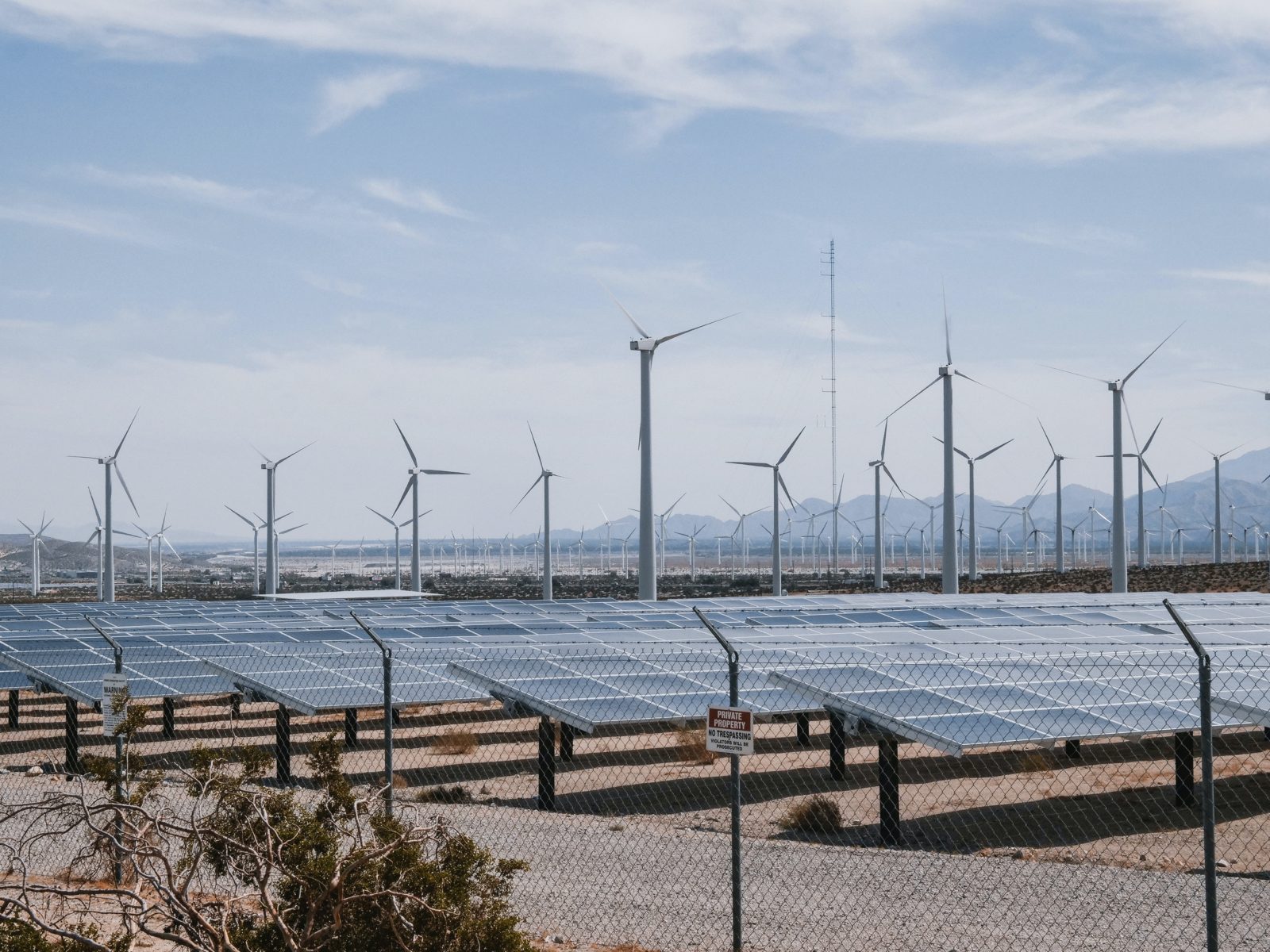In a groundbreaking move, the government is set to approve the installation of solar panels on agricultural land, marking a new trend in farming. These photovoltaic panels will be placed in orchards, vineyards, and other areas where crops and food are grown, providing farmers with a renewable energy solution. Not only will this enable farmers to use the electricity generated by the panels for their own needs, but they will also have the option to supply it to the public grid, similar to other solar panel owners. Furthermore, the panels will offer the added benefit of providing necessary shade to many crops.
Minister of the Environment Petr Hladík (KDU-ČSL) believes that agrovoltaic power plants are ideal for permanent crops such as hop fields and fruit orchards. These plants require less intensive agricultural work and are less susceptible to shading than annual crops. The Ministry of the Environment has prepared a new regulation to protect agricultural land to install agrovoltaic systems.
The placement of photovoltaic panels on agricultural land will be subject to approval by the organization responsible for protecting agricultural soil, which can be a municipality or a region, in addition to the Ministry of Agriculture. The panels must be positioned not to damage the ground and allow the field to be restored to its original state.
According to the Ministry’s estimates, these panels could eventually cover up to 70,000 hectares of land, with each hectare generating one megawatt of power. However, not all farmers are enthusiastic about this initiative. Jaroslav Šebek, Chairman of the Association of Private Agriculture in the Czech Republic, believes that solar panels should be primarily installed on the roofs of agricultural buildings. If they are used on agricultural land, they should be restricted to permanent crops such as vineyards and hop fields.
Moreover, Šebek emphasizes that the use of the panels should be limited to individual farmers or their communities, and there should be a cap on the amount of energy produced to prevent misuse. The Czech Agricultural Union also expresses concerns about potential exploitation by large energy companies that do not engage in farming activities. This leads to the abuse of subsidies intended for supporting agriculture.
While some farmers remain skeptical, agrovoltaic projects have already been successfully implemented in Germany. In the Czech Republic, a mining and energy company, MND, is preparing a project combining renewable energy production with agriculture. They plan to plant 1,555 grapevines on reclaimed land previously used for mining activities.
The future of solar power in agriculture looks promising in the Czech Republic as the government takes steps to integrate renewable energy sources into the farming sector. This innovative approach has the potential to revolutionize the way farmers produce and utilize electricity, contributing to a more sustainable and eco-friendly future for agriculture.





